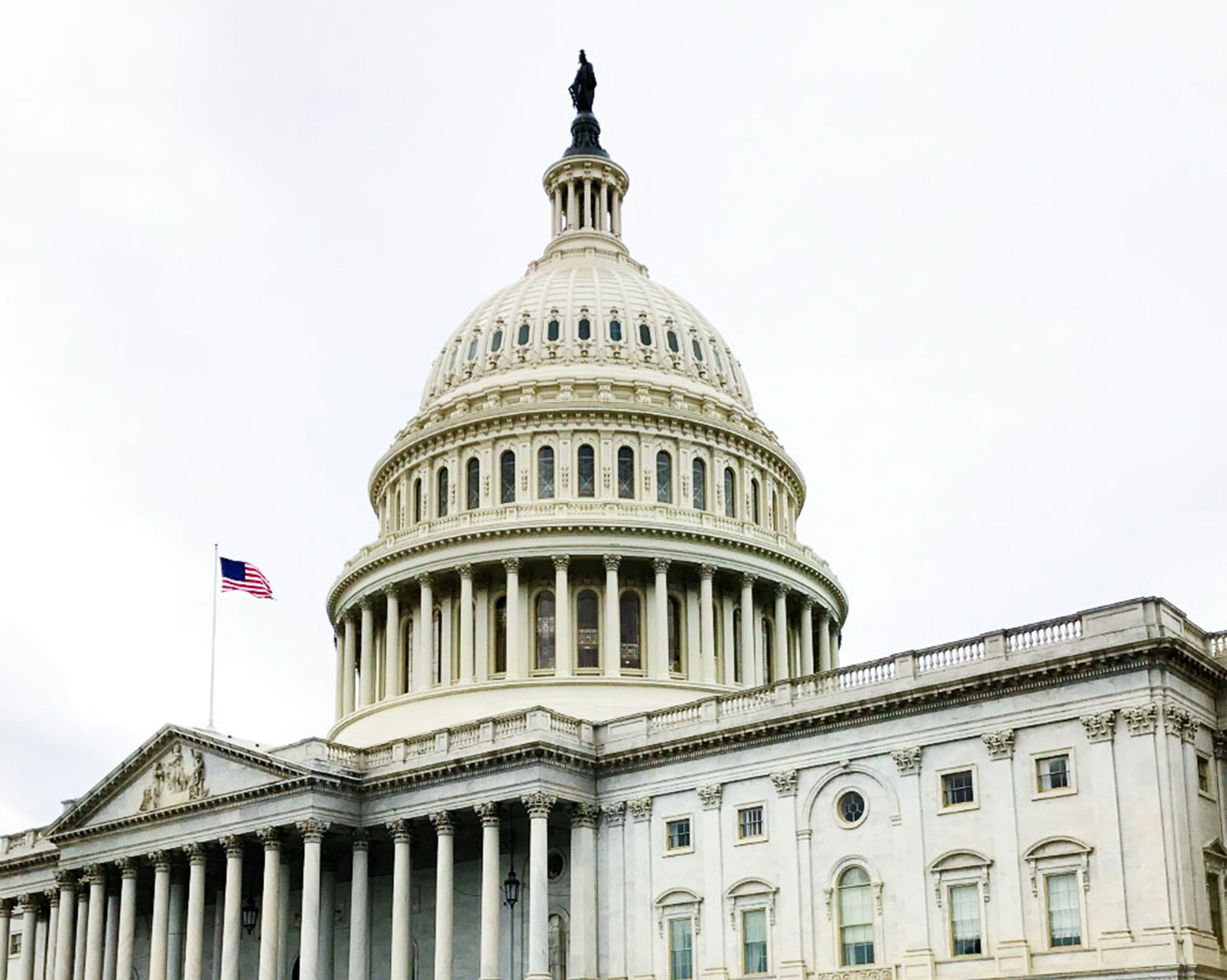
Court Bans FTC Non-Compete Ban
- Breaking News
Late yesterday afternoon, U.S. District Judge Ada Brown in Dallas ruled that the FTC does not have the authority to issue broad rules to ban what it considers to be unfair approaches to competition. Judge Brown added that even if the FTC had such power, the FTC failed to justify its rule to ban most non-compete agreements. Judge Brown stated that “The Commission’s lack of evidence as to why they chose to impose such a sweeping prohibition…instead of targeting specific, harmful non-competes, renders the Rule arbitrary and capricious.” The FTC ban was scheduled to become effective on September 4. The FTC is considering an appeal.
Judge Brown’s decision does not mean that employer non-competes in general are lawful. Four states prohibit non-compete agreements and 33 other states have laws addressing the scope of such agreements. Accordingly, we recommend that counsel evaluate whether your company’s current non-compete agreements comply with state law. Broad language restricting an employee’s opportunity to work for a competitor or to become a competitor has the greatest risk of unenforceability. Restricting solicitation of customers and employees and disclosure of confidential information has the greatest likelihood of enforceability. The duration of the restriction must be reasonable—we suggest the least amount of time needed to protect your business. The agreement also must be reasonable regarding geographical scope. Does it cover all company locations, or preferably those locations where the employee worked or serviced customers?
If you have any questions or would like additional information, please contact Al Vreeland at 205-323-9266 or avreeland@lehrmiddlebrooks.com





